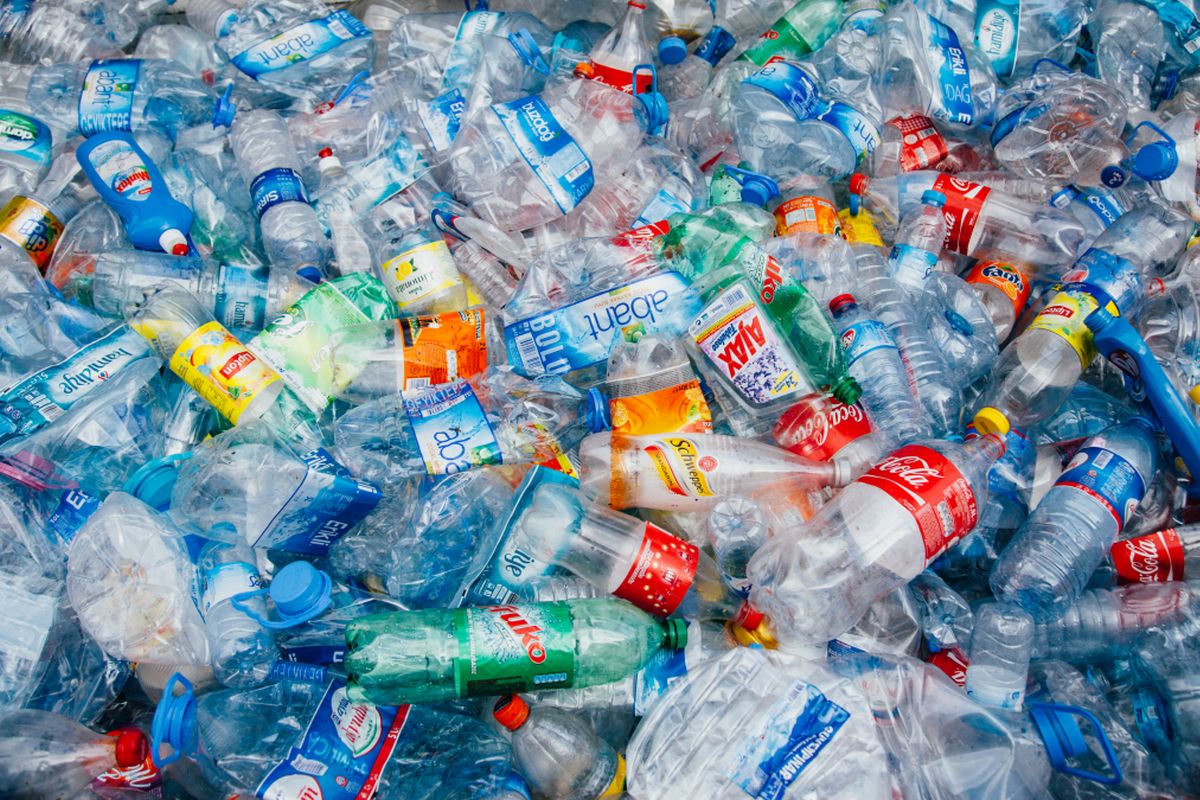The blanket prohibition on single-use plastic has benefited locals, particularly women in villages of Himachal Pradesh’s hill state. These people are active in producing traditional leaf plates and bowls, as consumption of these sustainable and environment-friendly products has suddenly increased after the ban.
The Himachal Pradesh Forest Department, in partnership with the Japan International Cooperation Agency (JICA), is encouraging community groups to prepare leaf plates and bowls using machines rather than by hand.
Advertisement
As per government order of 1st of July, 2022, a ban on single-use plastic items has been in effect.
By planting specific species like “Bauhinia vahlii” in the forest next to the villages of skilled community groups, the department is ensuring that there is no shortage in the supply of high-quality leaves. This is ensured by the “Improvement of Himachal Pradesh Forest Ecosystems Management and Livelihoods” project.
Each community group, consisting on average of 15 individuals, will receive a capital cost of about Rs1,29,000 to set up the plate-making machine, which produces 1,000 plates each day. The introduction of machines has increased manufacturing capacity while lessening the laboriousness of women who make these leaf products manually.
Nagesh Guleria, Additional Principal Conservator of Forests and Chief Project Director, JICA project, told that “in June of this year, the community groups at Beindhar and Kangu villages in Mandi district produced 8,000 leaf plates and 4,000 leaf bowls and earned 38,000 rupees in one month. As opposed to an average of 8,000 rupees, which is what a group of similar numbers of people used to earn monthly. We have created about 484 of these self-help groups this far.”
According to Guleria, several local leaf-bowl makers had to eventually give up their long-standing enterprises of producing leaf plates and associated things because of the invasion of factory-made plastic plates and bowls due to their low cost and long shelf life. “Families continued to fulfill orders because they had no other choice and managed to endure the so-called plastic boom, which has turned into a significant environmental and health issue but now they are turning back to their roots and traditional work”, he added.











